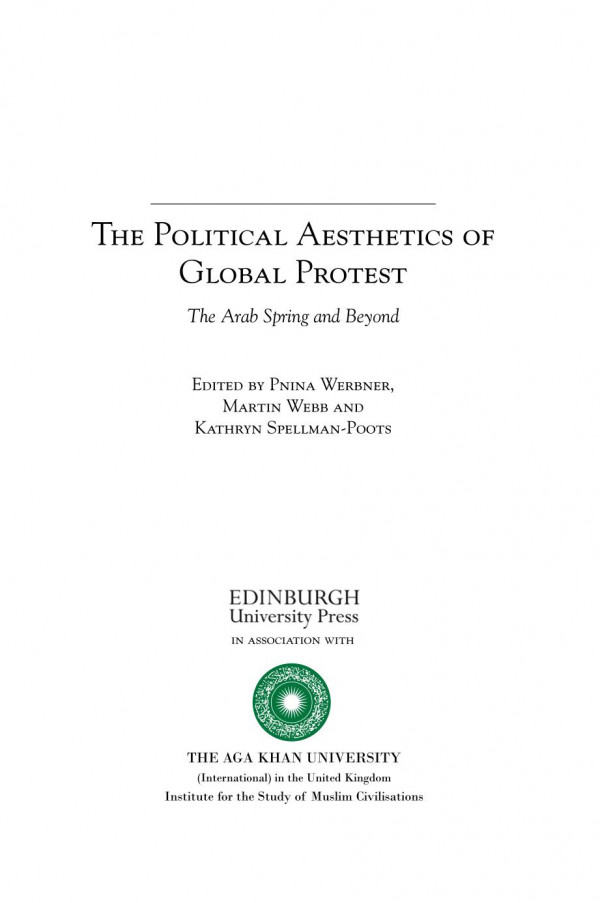

Most ebook files are in PDF format, so you can easily read them using various software such as Foxit Reader or directly on the Google Chrome browser.
Some ebook files are released by publishers in other formats such as .awz, .mobi, .epub, .fb2, etc. You may need to install specific software to read these formats on mobile/PC, such as Calibre.
Please read the tutorial at this link: https://ebookbell.com/faq
We offer FREE conversion to the popular formats you request; however, this may take some time. Therefore, right after payment, please email us, and we will try to provide the service as quickly as possible.
For some exceptional file formats or broken links (if any), please refrain from opening any disputes. Instead, email us first, and we will try to assist within a maximum of 6 hours.
EbookBell Team

4.7
16 reviewsFrom Egypt to India, and from Botswana to London, worker, youth and middle class rebellions have taken on the political and bureaucratic status quo and the privilege of small, wealthy and often corrupt elites at a time when the majority can no longer earn a decent wage.
A remarkable feature of the protests from the Arab Spring onwards has been the salience of images, songs, videos, humour, satire and dramatic performances. This book explores the central role the aesthetic played in energising the mass mobilisations of young people, the disaffected, the middle classes, the apolitical silent majority, as well as enabling solidarities and alliances among democrats, workers, trade unions, civil rights activists and opposition parties.
Comparing the North African and Middle Eastern uprisings with protest movements such as Occupy, the authors bring to bear an anthropological and sociological approach from a variety of perspectives, illuminating the debate by drawing on a wide array of disciplinary expertise.
Published in association with The Aga Khan University Institute for the Study of Muslim Civilisations.